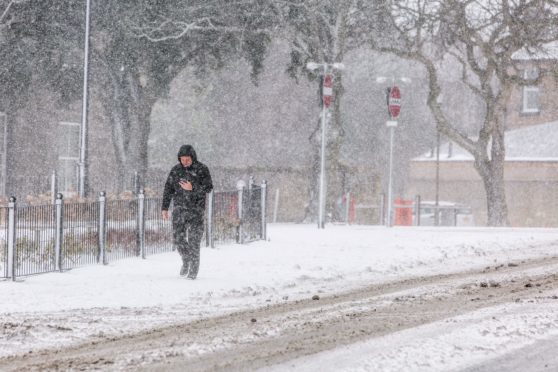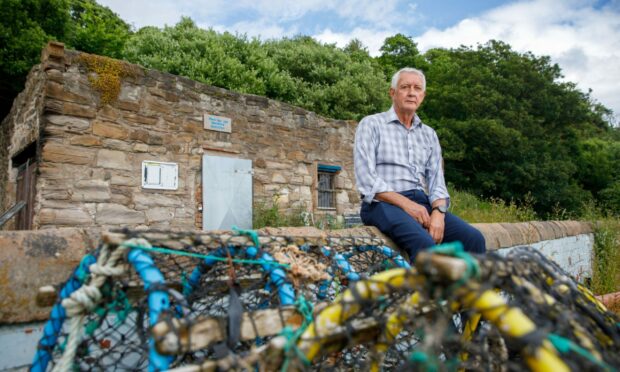Fife Council is facing a £2.5 million bill after winter blizzards nearly brought the region to a standstill.
Deploying gritters, paying staff overtime and bringing in contractors to help clear snow saw costs escalating for the local authority.
Because the expenditure broke the threshold of £1.5 million, the council can apply for Scottish Government funding under the Bellwin Scheme to mitigate the spending.
Derek Crowe, from the council’s roads and transportation services, said: “This has been the most severe winter season since 2010 and 2011, with it lasting from December through to March. As a result, the number of road salting treatments has therefore been significantly greater with over 20,000 tonnes of salt being used this winter.
“By comparison only 8,200 tonnes was required in 2016/17.
“In addition, there have been extended periods of 24 hour working day after day on the primary routes and main footways. At the peak this included 24 gritters on Fife roads, around 40 mini tractors on footway clearance, and over 300 employees on footways, grit bins and secondary route clearance.”
The council’s Labour co-leader Councillor David Ross said unlike 2010, when Scotland was hit by its worst winter in more than four decades, salt supplies had not run out this year.
He added: “There was a fantastic response from council workers and a fantastic response from local communities. Without being asked, people were out clearing schools and clearing paths.
“Council workers did a fantastic job in difficult circumstances. A number who were not on the regular teams were out, such as building services. Staff who could not do their normal jobs were out helping to clear snow to make sure social workers and home carers could get through.”
Previous winters have left the council more out of pocket.
In 2013, the Fife authority had to fork out an extra £1.7m on top of its budget of £3.4m. The council said at the time that gritters were out continuously between October 2012 and April the next year.
In November, the council said it had prepared for a big freeze, with a stockpile of more than 21,000 tonnes of salt before the worst of the weather took hold.










